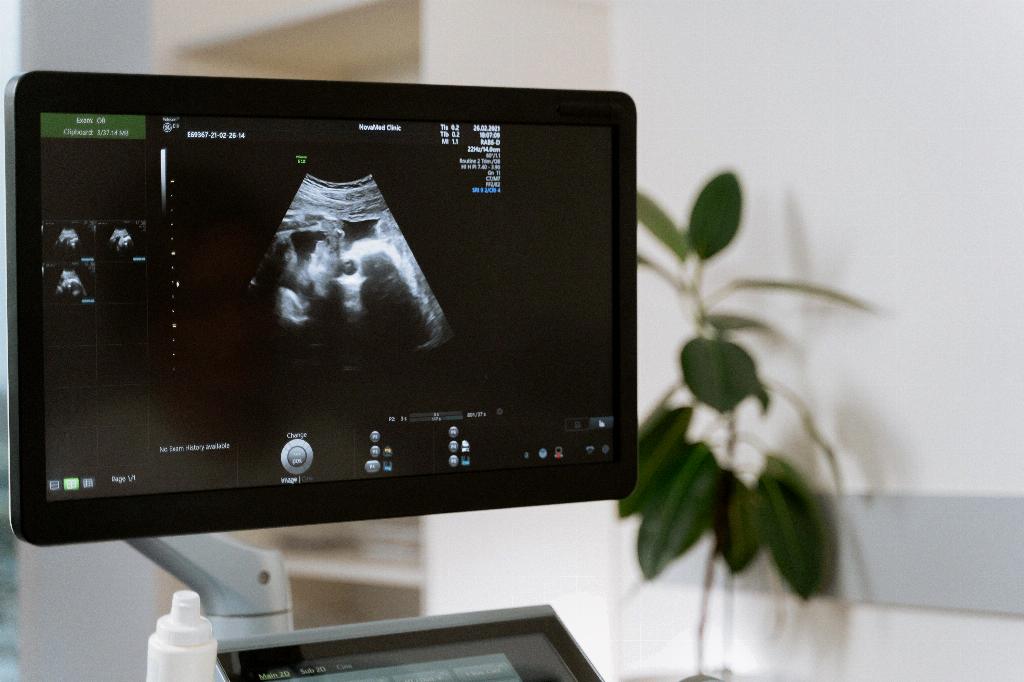At 27 weeks pregnant, your belly size can vary greatly depending on your body type, weight gain, and the position of your baby. It’s important to remember that every woman’s pregnancy is unique, so there is no one-size-fits-all answer to this question.
Healthy weight gain at 27 weeks pregnant typically falls within the range of 15 to 30 pounds. However, it’s crucial to consult with your obstetrician to ensure your weight gain aligns with your individual health needs and the development of your baby. Excessive weight gain may warrant guidance from your healthcare provider on how to manage it effectively.
Factors such as whether you are carrying a single baby or multiples can also influence your belly size at 27 weeks. Women carrying twins, triplets, or more may have larger bellies due to accommodating multiple fetuses. This can lead to a more significant weight gain and a larger belly at this stage of pregnancy.
It’s essential to focus on maintaining a balanced diet and engaging in regular physical activity during pregnancy to support your health and the development of your baby. Your healthcare provider can provide personalized advice on nutrition and exercise to help you achieve a healthy weight gain and belly size at 27 weeks.
As your pregnancy progresses, your uterus continues to expand to accommodate your growing baby. This expansion contributes to the increase in belly size and can vary in appearance and size from woman to woman. Factors such as uterine and pelvic structure can influence how your belly grows and changes throughout pregnancy.
Genetics also play a role in determining the size and shape of your belly at 27 weeks pregnant. Women with a smaller frame or those who are shorter in height may appear to have larger bellies compared to taller individuals. Embracing your unique pregnancy journey and body changes is essential for your overall well-being.
While the size of your belly at 27 weeks is important for tracking your baby’s growth and development, it’s crucial to prioritize your health and well-being above all else. Your healthcare provider will monitor your baby’s progress through regular check-ups and ultrasounds to ensure they are growing appropriately for their gestational age.
Emotional support and self-care are also vital components of a healthy pregnancy. Pregnancy can bring about a range of emotions and physical changes, so it’s essential to take time for yourself and nurture your mental and emotional well-being. Connecting with other expectant mothers or seeking guidance from a counselor can provide valuable support.
Remember that every pregnancy is unique, and comparing yourself to others can lead to unnecessary stress and anxiety. Focus on taking care of yourself, listening to your body, and following your healthcare provider’s recommendations for a safe and healthy pregnancy journey. Your body knows what it needs to support your growing baby.
As you approach the third trimester of pregnancy, your belly size may continue to increase as your baby grows and gains weight. Understanding that these changes are a natural and beautiful part of pregnancy can help you embrace and celebrate your body’s transformation during this special time.
Stay connected with your healthcare provider for regular prenatal care and guidance on maintaining a healthy pregnancy. By prioritizing your well-being and that of your baby, you can navigate the changes in your belly size at 27 weeks with confidence and peace of mind. Trust in your body’s ability to nurture and support new life.

